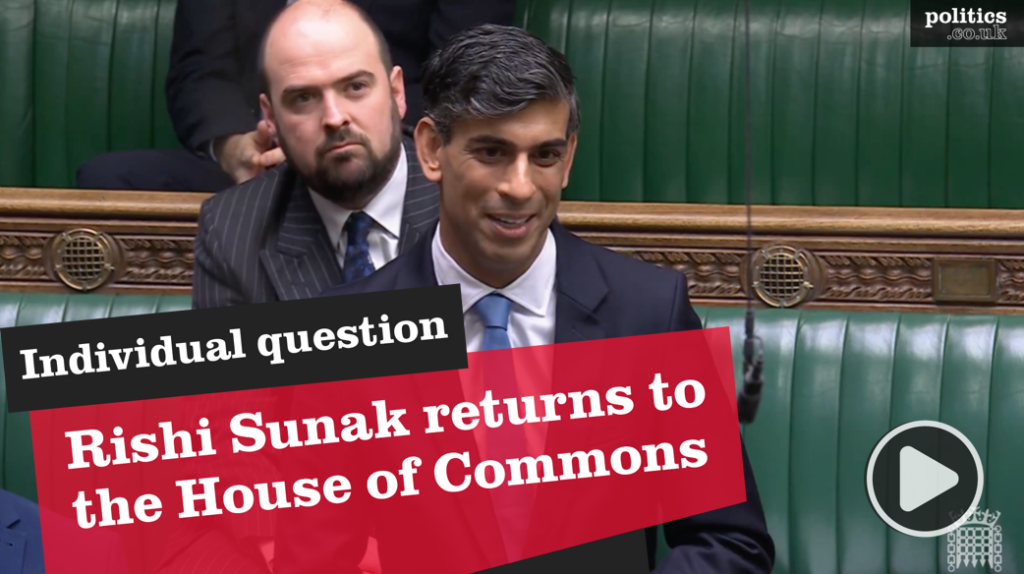Non-doms – new approach makes sense but missed opportunity for wide consultation
The Chancellor has announced that the government will abolish the current non-dom system, replacing the domicile concept with a ‘modern residency based system’ from April 2025.
Commenting, CIOT President Gary Ashford said:
“Moving from domicile to residence as the basis for taxing people who are internationally mobile makes sense. Domicile is a difficult concept to define and apply to modern living. Residence is a more objective and simpler measure and more in keeping with an increasingly internationally mobile world. The trust protections are also highly complex and incomplete as they stand at the moment so a simplification is welcome.
“The current system is flawed both for HMRC and non-doms. It is difficult to determine domicile, it is complex, and the process of ‘remitting’ non-UK income can actually discourage people from investing in the UK, as foreign income investment and gains are taxed if they are brought into the country but not if they are left outside or invested elsewhere. The proposed reforms address some of these problems.
“However, for all the flaws in the existing system this is a complex area to change suddenly. It is regrettable that the Chancellor has unveiled this big change without following the government’s consultation framework. Whilst thought has been given to transitional periods upon introduction, which is to be welcomed, there is insufficient detail as to how this would work in practice; with such a big change there needs to be detail about how changes will be implemented and how they will interact with arrangements made under the current regime.
“This is particularly necessary as a four-year remittance basis window is a drastic reduction from the current 15. Four years is quite a short period when compared to some other countries, particularly as split years will be ignored – so the period in the UK could be as little as two years and 60 days. For example Italy only does this after 15 years.
“We are pleased to see that consultation is suggested on inheritance tax as there remain uncertainties. For example it is not clear how someone who has lost their deemed domicile for IHT purposes by being non-resident for more than 3 years will be taxed after April 2025 if they are not yet non-UK resident for ten years. They could be dragged back into the IHT net from that date. It will also be important to consult on certain technical aspects of the transfer of assets regime which will apply much more widely now.
“With the government and opposition now apparently in a similar place on this issue there is hopefully an opportunity for political consensus on a difficult area of the tax code. If the parties could reach consensus on how new arrivers and those who leave should be taxed both in terms of personal foreign income and gains and inheritance tax, and this issue became less of a political football, that could make the UK more attractive to those this would affect.
“By introducing a short exclusionary period for foreign income and gains based on objective criteria, with some transitional rules after 2025, this change is certainly a simplification to a very complex area based on remittance. The changes might encourage more wealth to be transferred into the UK; but it is a very big change in a fairly short period of time.”











